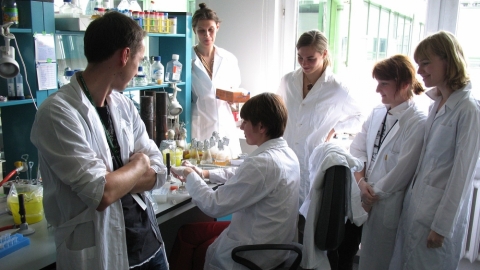Over the past several months, the worlds' brightest minds have worked tirelessly to understand how the human brain responds to environmental stress. And finally, in a long-awaited announcement, these researchers revealed their shocking results: that, when faced with stressful situations, humans get kinda stressed.
"It's a huge accomplishment for the field," said one researcher. "Finally, we can appreciate the intricacies of human behavioral circuits to visualize this unexpected result." To reach this conclusion, researchers exposed subjects to a variety of stressful situations. "As a baseline, you know, that included Thanksgiving dinners, 25 page essays over long weekends, and hourly reminders that the world is literally and metaphorically burning," a representative for the study explained. "We then measured indicators of a baseline human stress response, including elevated heart rate, spontaneously bursting into tears, or making drastic hair changes on Instagram live." In a shocking testament to the mysteries of the human mind, all stressful situations correlated with stress. "Again, we're not 100% sure," the researcher continued, "but our models at least suggest a link between stressors and stress. But don't quote me just yet."
Regarding future directions, the possibilities are limitless. "Now that we've realized that stressful things might cause stress, we really want to understand the mechanism of that effect," the representative continued. "For example, how could stress cause stress? Why could stress cause stress? Those are the questions you need to ask in science." Future investigations also include the effects of sad things on sadness, and of painful things on pain.
"Will the study lead to practical change?" one Harvard professor mused while grading his course's fourth midterm, "I mean, why would it? It's not like people should adapt expectations based on these very preliminary findings. Stress is not that bad, and might not even be common right now. Still a cool hypothetical, though." Following the groundbreaking results, the US government has already announced significant funding for future projects, citing the fact that this is the most important thing going on in science right now, and that they absolutely couldn't think of one single thing which could use that money more in 2020.



